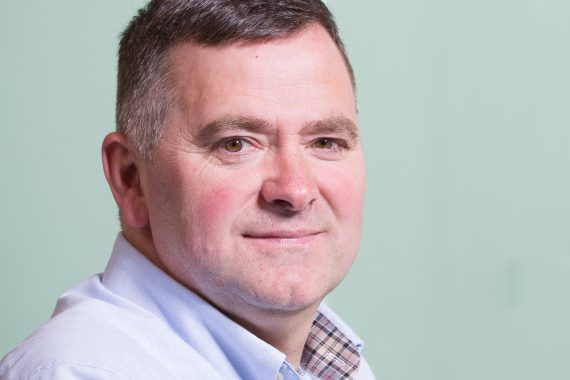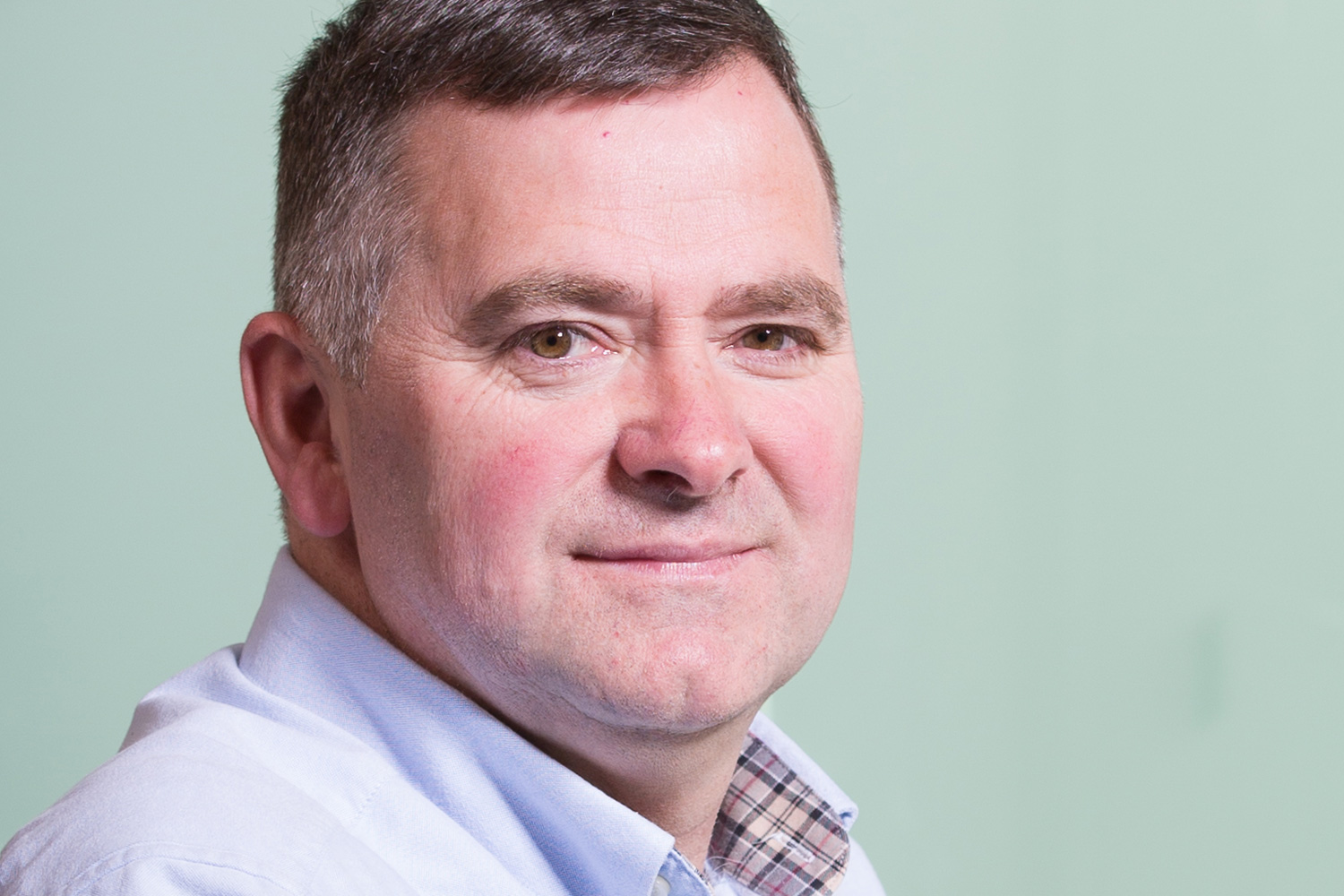GP careers: Advising the ombudsman


Profile: Dr Paul Gray
Roles: GP partner, Sale, Manchester. Medical adviser to Parliamentary and Health Service Ombudsman (PHSO), Manchester
Hours: Eight hours every Wednesday at PHSO. Eight clinical sessions over four days at the practice
07:30 I arrive at the Parliamentary and health service ombudsman (PHSO) offices in central Manchester after the 20-minute commute. I go through emails, then check and approve reports submitted by lay assessors. I’m one of four clinical advisers in general practice and largely my role is to advise on medical aspects of a complaint made against a GP or practice.
08:30 I start preparing for ‘documented discussions’ where I meet with assessors to go through cases. The PHSO makes determinations on maladministration and service failure, rather than medical negligence. We provide advice based on professional standards and clinical guidelines; where none exists we go by established good clinical practice. This differs from medical negligence cases tested in court, which use the Bolam/Bolitho principle (the ‘reasonable body of clinical opinion’).
One case this morning is that of an elderly woman who was found dead two days after her GP prescribed antibiotics for a UTI during a telephone triage assessment. Her son has complained that the GP refused a request for a visit. I find a widely used LMC guideline, which indicates it was reasonable for the GP to do telephone triage in the circumstances. In addition I look up NICE guidelines on uncomplicated UTI, which confirm the GP did not need to take a urine sample, and that he prescribed the recommended antibiotic. I conclude he acted correctly.
Researching a case makes you much more aware of some conditions and guidelines
09:30 Once I’ve prepared the background for each case, I discuss it with the assessors, and provide information and references for their report. Researching a case makes you much more aware of some conditions and guidelines and provides an element of self-directed learning.
10:00 We hold ‘pop-overs’ for the next two hours or so – informal surgeries for assessors to run a decision by us, or get a steer. Today for instance, I’m asked about a case where a patient has complained that their GP refused to provide them with a prescription while they were in prison. The GP had – quite rightly – refused because the patient had to be deregistered while in prison. The assessor wants to check that the GP was right to remove the patient and refuse to prescribe; I am able to reassure her.
12:30 I nip out for a walk and pick up lunch from a café. I always take a proper lunch break at the PHSO, which makes a nice change from spending it at my desk or in a meeting, as often happens at the surgery. I’m careful not to check in with the practice while I’m here. That said, I might get a call if a locum hasn’t turned up and they need me to do evening surgery, or there is an urgent query.
13:20 I spend the afternoon on quality assessment of recent cases – peer review – to make sure our processes are consistent and to deal with appeals. Today I look into an appeal from a GP who, as part of an upheld complaint was told he had failed to do an adequate patient assessment. The MDO has provided evidence on the GP’s behalf showing that a referral letter sent on the same day gave much more detail than the GP record, which proved that the GP had taken a reasonable history and examination; as a consequence I decide his appeal should be upheld.
15:30 I head home to a free evening. I’m usually able to leave the office promptly and it’s great to be able to complete tasks within my hours and leave the work behind until next week. It also gives me spare time to do ‘normal’ things like taking the dog out, or going to a football match.
Being able to have a day without seeing patients gives me a sense of release. I don’t think I could keep up a full five-day week of clinical work, given today’s demands. The ombudsman work has re-energised me. It is also well paid, with good terms and conditions including a civil service pension, so I feel the work more than offsets any reduced drawings from cutting clinical sessions.









